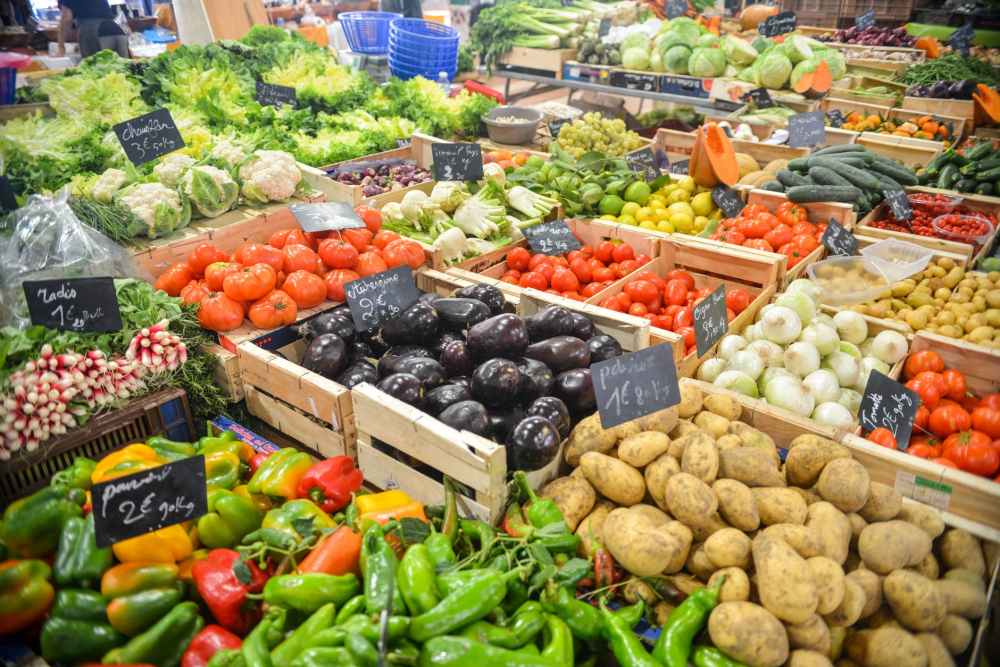
The Mediterranean diet gets all the buzz as the healthy way to eat, but there are multiple cultures with traditional health-promoting diets. A good reason for the attention on the Mediterranean diet is research. Multiple clinical trials show the traditional Mediterranean diet increases longevity; decreasing risk for heart disease, diabetes, and some cancers.
Other traditional diets have research supporting their use including the Mesoamerican diet (aka the Latin American diet). This is important, as there is never one best way to eat, a healthy approach to food should include culturally appropriate options. Traditionally culture provides many healthy guidelines, from social connections to physical activity and diet. Often reconnecting to these “oldways” provides a path to healing.
The Health of Mesoamerican Meals
Research on the Meso-American diet indicates that it can help decrease inflammation, improve blood sugar control, blood pressure, cholesterol and decrease risk for diabetes. The diet may help explain the “Latino/a paradox” in which people of Latin descent have lower rates of disease than their white counterparts despite higher risk factors for disease. This may be partly explained by genetics but also has a lifestyle component – as do most conditions related to genetic risk. How you live impacts how your genes influence your health. Unfortunately, studies also show that the longer Latina/o immigrants are in the US, the worse their health. Indicating that as the diet gets further from traditional foods and more like the standard American diet, disease follows.
Some prominent foods of the traditional Mesoamerican diet have been shown to improve health:
- avocados decrease cholesterol
- beans aid in weight loss
- beans decrease risk of heart attack
- traditional fruits and vegetables decrease risk of colon cancer
- low fat, high fiber diet decreases risk of heart disease
Not surprisingly, the key to the health benefit of any traditional diet is the use of whole foods, not relying on industrialized and highly processed foods for nourishment.
Time changes how and what people eat in all cultures. Modern food systems have dramatically altered eating patterns in Central and South America, replacing traditional whole foods with highly processed carbohydrates (sugar, flour) and ready to eat foods (chips, yogurts, cookies). And the health of the population deteriorates in response.
In their book, Decolonize Your Diet, Luz Calvo and Catriona Esquibel issue a call to action reclaiming the flavors and foods of pre-industrial, precolonial Mexico and Central America. This is the Mesoamerican dietary pattern that sustained health for centuries.
How to Follow the Mesoamerican Diet
Use whole, minimally processed foods. Mesoamerican meals are packed with vibrant color, bright flavors, and multiple textures. This is food to be enjoyed, savored, and shared. Choose from the following to construct your meals and check out the links below for specific recipes and meal plans. You don’t have to be limited to the foods below, as long as you follow the whole, minimally processed food maxim, your meal will be health promoting. This is not an exhaustive list, but a good place to get started.
- Grains: Corn, quinoa, amaranth
- Herbs & spices: chili peppers, wild onions, garlic, cacao
- Nuts and seeds: chia, pumpkin, peanuts, pine nuts, cashews
- Legumes and starchy vegetables: corn, potatoes, beans, winter squash, jicama
- Vegetables: greens, tomatoes, cabbage, carrots, eggplant
- Fruits: cherries, avocados, blueberries, papaya, strawberries
- Meats: turkey, bison, duck
Latin American diet at Oldways.
Happy eating!
Jason
Great information! I invite everybody to watch this documentary: “The Mesoamerican Diet: Origins”, either in English or Spanish:
English
Spanish:
LikeLike
Thank you, Patricia- the documentary is very informative and provides an excellent context for the historical and cultural foundations of this healthy way of eating.
LikeLike